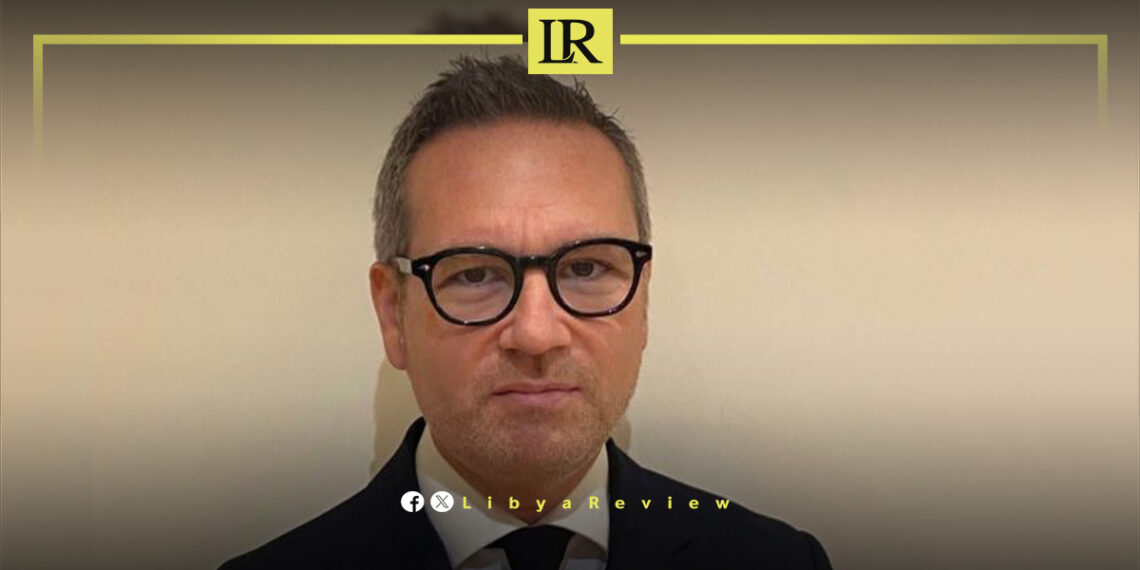Italian political analyst Daniele Ruvinetti, a specialist on Libyan affairs, has stressed that Libya urgently requires a new government capable of ending years of paralysis and guiding the country toward stability.
In an interview with Erem News, Ruvinetti argued that efforts to destabilize Libya are not new but part of a wider pattern in which certain actors seek to maintain chaos. According to him, these groups benefit from disorder because it allows them to safeguard their influence and protect entrenched interests.
“Libya’s reaction to the UN envoy’s proposals was not positive,” Ruvinetti noted, referring to the roadmap presented recently to the Security Council. He said the lack of consensus underscores the complexity of Libya’s political crisis and the pressing need for a fresh governing authority that can break the stalemate.
Ruvinetti added that Libya’s rival factions are not motivated by a vision of national progress but by efforts to preserve zones of influence and economic interests. These entrenched divisions, he warned, frequently clash with international efforts to resolve the crisis.
He underlined that stability cannot be imposed from outside. Instead, it must come from within, through dialogue and recognition among Libya’s fragmented political and military groups. “Only through mutual acknowledgment between factions can a new government emerge,” he said. “Such a government would be able to protect national interests and ensure a stable future for the country as a whole.”
His comments come as the UN continues to promote its new roadmap aimed at creating conditions for presidential and parliamentary elections within 12 to 18 months. Yet progress remains elusive, with Libya still split between rival administrations in Tripoli and Benghazi, each unwilling to compromise.


